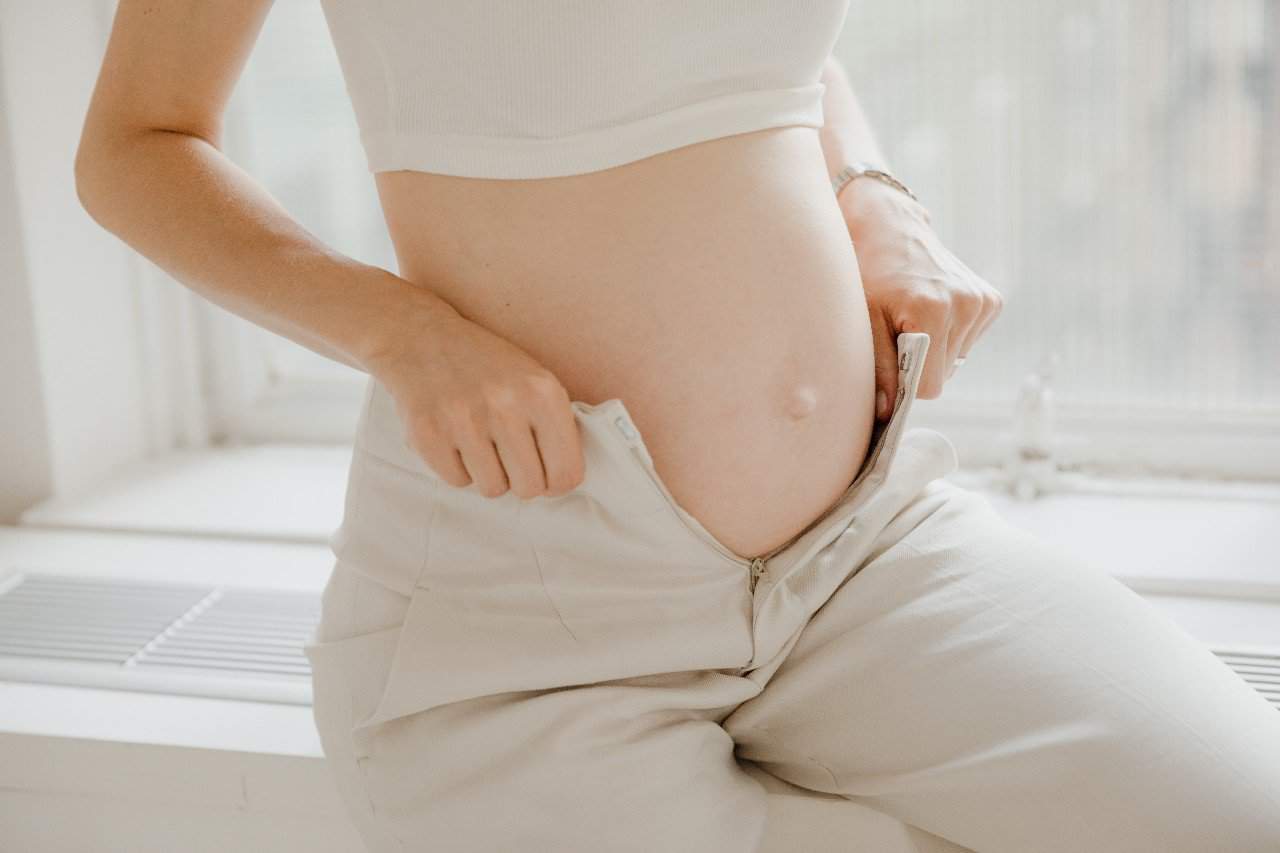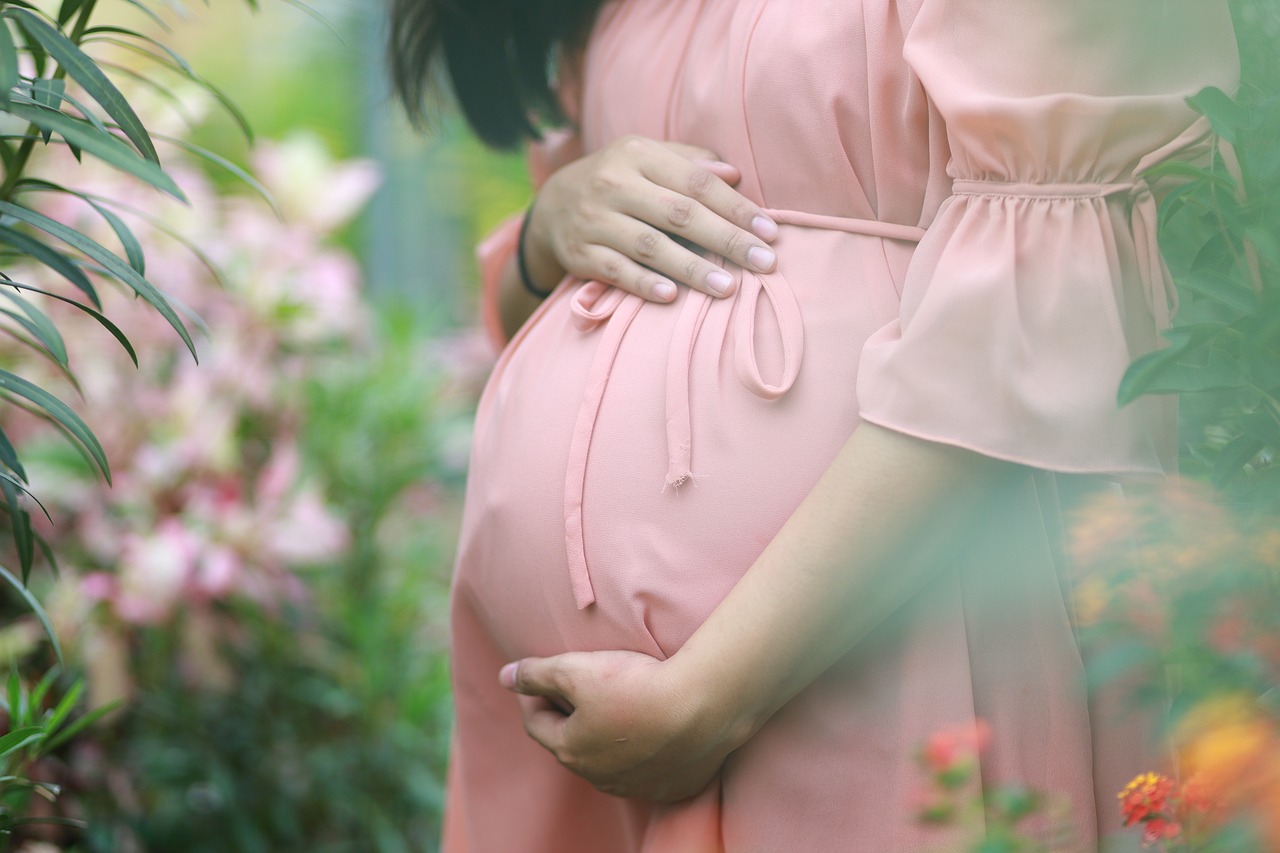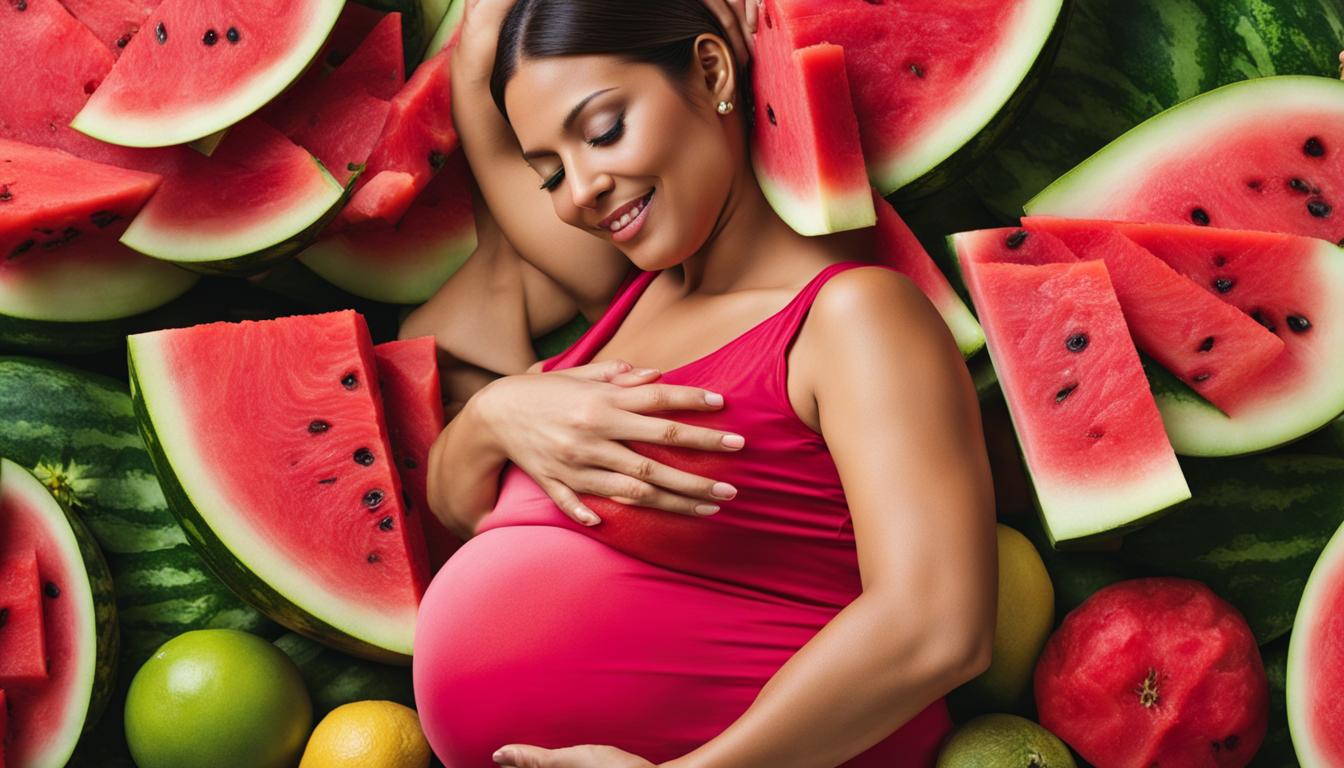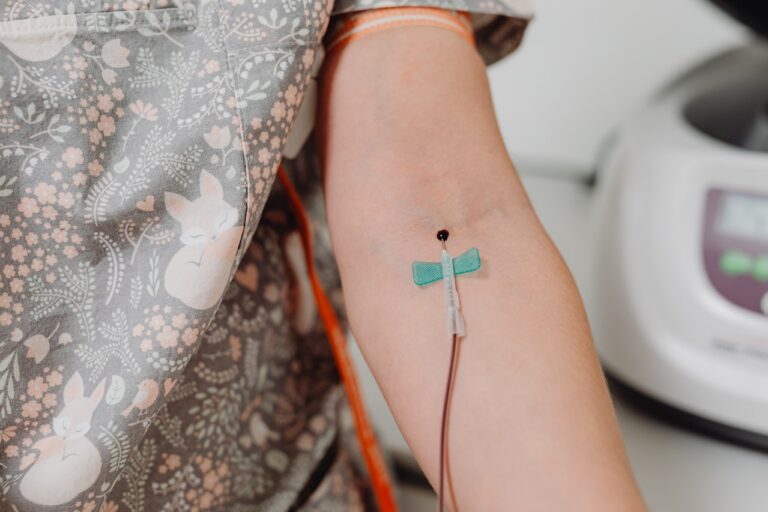Pregnant vs Fat Belly – What’s The Difference?
It’s no secret that people are very conscious about their appearance. Regardless of age, gender, or social status, everyone wants to look great. And one body part we love to scrutinize is our stomach.
And it’s no surprise why people want to have a flat belly. Having little stomach fat is linked to having a healthy and active life. And while having some fat doesn’t mean the end of the world, a big belly can be alarming.
But do you know why your belly is growing in the first place? Maybe you just had too much cake at the party last night. But what if it’s not a cake you’re carrying? What if you’re actually pregnant!
Difference Between Fat Belly and Pregnant Belly
Pregnancy isn’t that easy to know. Some moms can go through their first trimester without noticing growth. So we can’t blame you if you’re not sure if you’re carrying a baby or last night’s takeout.
But there are differences between a fat belly and a pregnant belly. They’re not too obvious at first. But if you know what you’re looking for, then you might be able to deduce your condition.
Pregnancy Belly
Let’s first start with a pregnant belly. Moms usually start noticing a change at 12 weeks into their pregnancy. The uterus will expand to accommodate the fetus.

The pressure from the uterus (and other organs) can make your belly feel hard. A pregnant belly will feel firm but also flexible. It’s more comparable to a strong balloon than a steel bowl.
Fat Belly
On the other hand, a fat belly is soft and squishy. You’ll also see layers on your stomach rather than a smooth dome.
Fat is also not reserved for the stomach area only. Sometimes, the fat is stored in other body parts like the breasts and thighs. Meanwhile, pregnant moms won’t find other parts growing like their tummies.
Why You Shouldn’t Rely on Appearance Alone
The human body can get very tricky. While you can study your belly to determine if you’re pregnant or not, it’s not always accurate. There are more precise ways to determine why your stomach is growing in size.
Other Symptoms of Pregnancy
A growing belly is not the only way to tell if you’re pregnant or not. The changes in your body can lead to many symptoms, including:
Missing Period
Periods happen when your egg cell is not fertilized during its cycle. However, a fertile egg won’t shed; thus, you won’t get your period.
Morning Sickness
The classic symptom that we see in media. Some mothers will experience nausea and vomiting from the 2 to 8 weeks of pregnancy. But not every mom will go through morning sickness.
Headaches
Changes in hormones can lead to headaches. Pregnancy can cause estrogen levels to rise, thus leading to imbalances.
Changes in Bathroom Habits
Constipation is a common problem thanks to the hormone progesterone. You might also experience frequent urination because of physical and hormonal changes in the body.
Cramping and Spotting
You’ll also experience cramps in your lower torso and spotting. You’ll see some vaginal discharge at around 6-9 weeks.
If you are still unsure about your symptoms, you can visit your OB-GYN for a check-up. Alternatively, you can use an OTC pregnancy test.
If Not Pregnancy, Why the Big Belly?
Let’s say that you haven’t had sex in a long while, you’re not experiencing any symptoms, and your pregnancy test is negative. It’s safe to rule out pregnancy then. So that leaves us with one other option: you’ve gained some pounds.

There are many reasons why you suddenly got heavier. Here are some factors to consider:
You Eat More than What You Burn
The easiest way to gain weight is by eating more calories than you can burn. Likewise, not getting exercise can lead to some tummy fats.
You’re Getting a Little Older
Birthdays can make you a little heavier, and we’re not talking about cake. You will notice your muscles shrinking and metabolism slowing when you get older. It will be a lot harder to burn fat like you used to.
You Are What You Eat
Fast food, alcohol, sodas, and sweets can make anybody gain weight. All that sugar, salt, and preservatives can lead to health complications.
Genes Can Play a Role
Genes control plenty of things in our body, including our ability to lose weight. You can overcome what you have inherited from your family, though. It might just need some time and patience.
Medications Can Make You Heavy Too
Antidepressants, diabetes drugs, steroids, and epilepsy medications have weight gain as a side effect. Sometimes, weight gain is temporary. But other times, it will be a continuous side effect unless you stop taking your medications.
How to Lose Visceral Fat?
Make no mistake; gaining a pound or two is a normal part of life. Gaining a bit of weight shouldn’t be something you should be ashamed of. Don’t let your weight ruin your self-esteem.
With that said, if you feel unhappy with the weight gain, you are more than welcome to shed it. Voluntarily losing weight can lead to a healthier and longer life.
Changing your diet and exercising more is a great place to start. But you should also get more sleep, lower your stress, and avoid fattening food. And above all, you should stay consistent and determined to reach your goals.

Pregnancy and Belly Changes
Pregnant bellies undergo remarkable transformations, particularly during the first trimester when many women might not yet experience obvious changes. Morning sickness, a common occurrence among pregnant women, often strikes during the early stages of pregnancy.
Differentiating Pregnancy and Weight Gain
Distinguishing between a pregnant woman’s belly and one affected by excess fat can be challenging, especially when abdominal muscles and body shape play a role. Pregnant women notice unique changes, including a growing baby bump and sensations such as fetal movement.
Early Signs of Pregnancy
Early signs of pregnancy may include irregular periods and bloated stomach. Additionally, the onset of changes like frequent urination and a shift in hormonal balances signifies the body’s preparation for pregnancy.
Managing Weight and Health
A sedentary lifestyle and poor diet can lead to excess fat accumulation, causing a fat belly. This unhealthy condition is associated with various health issues, including heart disease and hormonal imbalances. Maintaining a balanced diet and engaging in physical activity can help prevent weight gain and improve overall health.
Healthy Pregnancy Practices
For pregnant women, a healthy diet and regular exercise routine are paramount to managing weight gain. Physical changes like amniotic fluid increase and early milk production contribute to the pregnant belly shape. Consulting healthcare professionals for guidance ensures a safe and well-managed pregnancy.
Understanding Body Changes
Recognizing abdominal bloating and the significance of hormonal changes in pregnant women is key. Pregnancy hormones can lead to a bloated belly and changes in muscle tone. Additionally, growing blood vessels in the abdominal area are common during pregnancy.
Signs Beyond Appearance
While a growing belly is often a sign of pregnancy, other symptoms like morning sickness, lower abdomen discomfort, and stretch marks provide further clues. Consulting a healthcare provider or using a home pregnancy test can provide a clear indication.
Health Risks and Prevention
Excess weight, whether due to fat accumulation or pregnancy, carries health risks. For instance, visceral fat in the abdominal area is linked to heart disease. Additionally, maintaining a balanced diet and avoiding excess alcohol consumption are vital for overall health.
Balancing Diet and Exercise
Whether dealing with excess fat or pregnancy, a balanced diet and regular physical activity are crucial. Avoiding unhealthy food choices, particularly sugary foods and excess alcohol, promotes a healthy lifestyle and prevents weight gain.
Stress and Belly Changes
Chronic stress can lead to a “stress belly,” contributing to abdominal bloating and weight gain. Practicing stress management techniques, combined with healthy lifestyle choices, supports both weight maintenance and a healthy pregnancy.
Body Image and Self-Care
Understanding that body changes are a natural part of pregnancy and life is essential. Accepting changes, whether it’s a growing baby bump or occasional weight gain, promotes positive body image and mental well-being.
Consulting Healthcare Professionals
In situations where doubt arises about pregnancy or weight gain, seeking advice from healthcare professionals is recommended. Regular check-ups, blood tests, and consultations can provide accurate information and guidance.
Conclusion
A growing belly might mean weight gain or pregnancy. The two differ in appearance, so knowing how to spot the difference can be handy. However, you shouldn’t only rely on physical evidence. A trip to the doctor or a pregnancy test is more accurate at telling if you’re pregnant or not.
Pregnancy comes with different symptoms, such as missing periods and nausea. If you’ve recently had sex with your partner, then you can speculate a potential pregnancy.
Meanwhile, if you’re gaining weight, then it’s a sign that you need to care for your health more. Visceral fat can cause negative consequences. Fortunately, you can do something about those stubborn pounds!
A big belly can make anybody feel conscious. But changes in the body are a natural part of being a human. Accept that you are carrying something in you, be it a baby or lunch!










